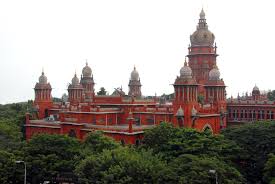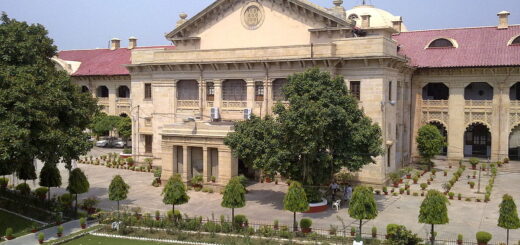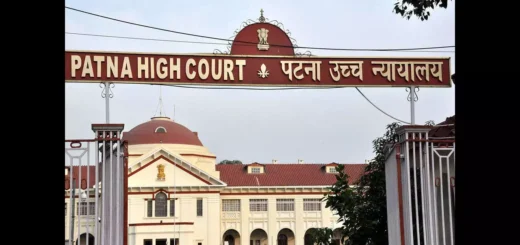Madras High Court Demands Investigation Into Prison Authorities Using Police for Personal Tasks. No Tolerance For Colonial Practices

The Madras High Court has instructed the Tamil Nadu Government to carry out a detailed investigation and take necessary actions against prison officials who have used uniformed personnel for personal or residential tasks in all state prisons. Justice S.M. Subramaniam emphasized that the Additional Chief Secretary/Principal Secretary of the Home, Prohibition and Excise Department should lead this inquiry, possibly with help from the CBCID police or the Intelligence Wing. Appropriate measures should be taken against those prison authorities involved, and once identified, the uniformed personnel should be reassigned to their official prison duties according to existing rules and government orders.
The petitioner raised concerns about the poor hygiene conditions in Central Prison-II, Puzhal, Chennai, and the lack of basic facilities for inmates. He pointed out that the Model Prison Manual requires one guard for every six prisoners. In Central Prison-II, there are 203 sanctioned Prison Warder positions, meant to be divided into three shifts with 60 Warders per shift. However, the petitioner noted that only 15 Warders are available per shift, creating risks for both prisoners and staff. He expressed worry that the frequent conflicts between prisoners and Warders stem from the Warders’ frustration due to long working hours beyond their shifts.
He pointed out that only 15 Warders are assigned to each shift inside the prison, while the rest of the guards and uniformed staff are sent to work at the homes of prison officials, including the DGP, IG, DIG, SP, Addl.SP, and three Jailors.
The Court noted that organized misconduct or offenses that lead to unconstitutionality not only violate individual rights but also represent structural violations. “When there are widespread allegations against prison authorities regarding abuse of power and the use of uniformed personnel for personal tasks, it undoubtedly impacts the public service provided to citizens,” the court stated. The Court referenced its ruling in U.Manickavel v. State, which addressed a similar issue. “This Court must remind that police and prison authorities are public servants who receive a fair salary from taxpayer funds. The Government also provides other resources for them to perform their duties effectively. Therefore, they are expected to utilize the benefits allowed under the relevant rules, and if they misuse their official position, they can face prosecution and disciplinary action for misconduct,” the court remarked.
The court emphasized that the mistreatment of public servants, especially in a colonial manner, must not be accepted by the Constitutional Courts. Prison authorities, as public servants, should work for the public good and not use uniformed staff for personal tasks. The court noted that this practice is not only unconstitutional but also harms the public, making those responsible subject to legal action under existing service rules and laws. The use of uniformed personnel for household duties is leading to neglect of their official responsibilities. In Central Prison-II, Puzhal, Chennai, there are 203 approved positions for Warders, but only 15 are assigned to public duties per shift instead of the required 60. Many Warders are instead tasked with domestic chores for prison officials. The court reiterated that such colonial practices must not be tolerated.
The court also highlighted that despite previous orders, the deployment of uniformed personnel for the personal use of higher police and prison officials continues. Therefore, the government must take strict measures to ensure that public servants are dedicated solely to serving the public and not handling household tasks for authorities. The petition was granted.
Cause Title: Sujatha vs. The Additional Chief Secretary to Government
Appearances:
Petitioner- Advocate M.Radha Krishnan and Advocate P.Pugalenthi
Respondent- Additional Public Prosecutor R.Muniyapparaj









